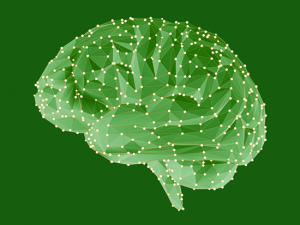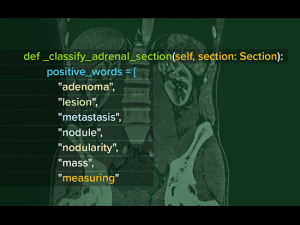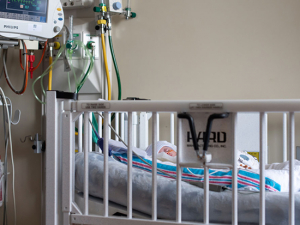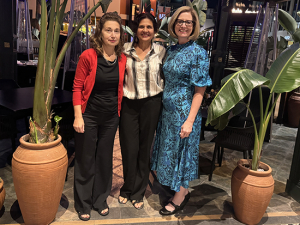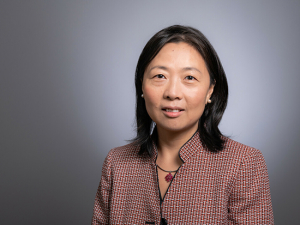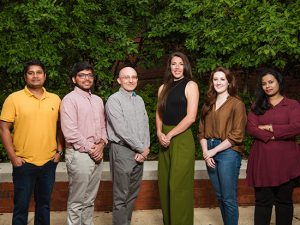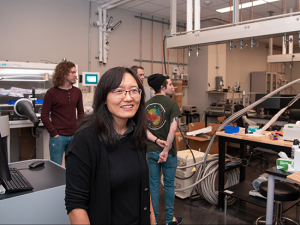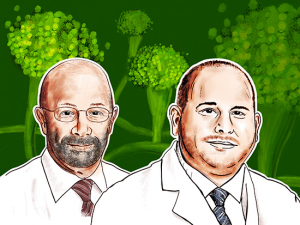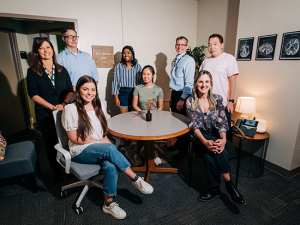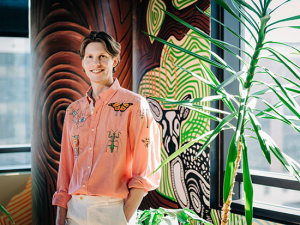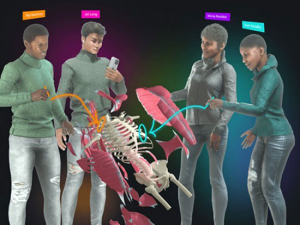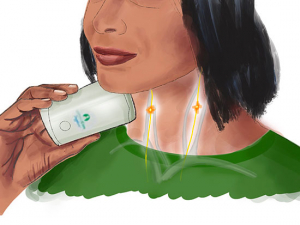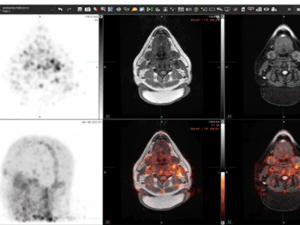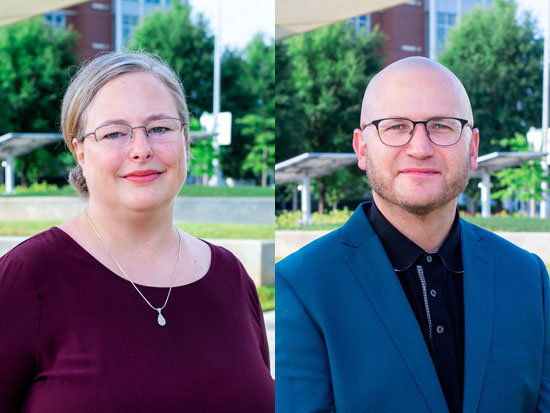 Karen Cropsey, PsyD, and Burel Goodin, Ph.D., are co-directors of the Center for Addiction and Pain Prevention and Intervention (CAPPI).Even in the midst of the COVID-19 pandemic, an older health crisis still rages. After dropping for the first time in 25 years in 2018, drug overdose deaths soared to their highest-ever level this past year. Nearly 72,000 Americans died from drug overdoses in 2019 — a higher total than the worst-ever years for AIDS, gun violence or motor-vehicle deaths. Preliminary data for 2020 shows that the problem is, if anything, accelerating in the midst of the COVID–19 crisis. An analysis by the New York Times reported a 13% increase in drug deaths in 2020 compared with the same point in 2019.
Karen Cropsey, PsyD, and Burel Goodin, Ph.D., are co-directors of the Center for Addiction and Pain Prevention and Intervention (CAPPI).Even in the midst of the COVID-19 pandemic, an older health crisis still rages. After dropping for the first time in 25 years in 2018, drug overdose deaths soared to their highest-ever level this past year. Nearly 72,000 Americans died from drug overdoses in 2019 — a higher total than the worst-ever years for AIDS, gun violence or motor-vehicle deaths. Preliminary data for 2020 shows that the problem is, if anything, accelerating in the midst of the COVID–19 crisis. An analysis by the New York Times reported a 13% increase in drug deaths in 2020 compared with the same point in 2019.
“Everyone is focused on COVID-19, understandably, but the opioid problem, alcohol use and addiction generally are still a huge problem,” said Karen Cropsey, PsyD, professor in the Department of Psychiatry and Behavioral Neurobiology, who specializes in treating substance abuse in vulnerable populations. Cropsey is a member of the Committee on the Review of Specific Programs in the Comprehensive Addiction and Recovery Act for the National Academies of Sciences, Engineering and Medicine, which reviews the outcomes of four programs that seek to address the ongoing opioid crisis.
At UAB, Cropsey is co-director of the new Center for Addiction and Pain Prevention and Intervention (CAPPI), launched this year in the School of Medicine, along with fellow co-director Burel Goodin, Ph.D., associate professor in the Department of Psychology, who specializes in pain research, particularly in racial and ethnic disparities in pain experience and pain sensitivity. The center’s mission extends beyond opioids, Cropsey notes. Its goal is to conduct cutting-edge research that can be developed into better treatments for addiction and pain.
“We realized there was a need for a center like this, to give researchers and members of the community something to rally around,” Cropsey said. The center will act as a resource for researchers, including helping junior faculty develop their research programs and providing expertise specific to addiction and pain. “It also allows us to be more competitive for things like center grants,” Cropsey said, “and it is a good recruitment tool because faculty recruits know that when they come here they will find a group of colleagues with similar interests.”
Research
“We realized there was a need for a center like this, to give researchers and members of the community something to rally around. It also allows us to be more competitive for things like center grants, and it is a good recruitment tool because faculty recruits know that when they come here they will find a group of colleagues with similar interests.” |
UAB has a strong cadre of investigators specializing in addiction and pain research, Goodin said. “We brought together a diverse group from across the university to establish collaborative projects and build synergies.” In addition to Goodin and Cropsey, CAPPI members include:
- Peter Hendricks, Ph.D., associate professor in the Department of Health Behavior in the School of Public Health, whose interests include substance use treatment and prevention, hallucinogenic therapy and novel treatments for tobacco, cocaine and polysubstance dependence.
- Jarred Younger, Ph.D., associate professor in the Department of Psychology, who specializes in new techniques for diagnosing and treating neuroinflammation.
- Robert Sorge, Ph.D., associate professor in the Department of Psychology, who studies innate immune system involvement in pain and addiction, including the impact of diet on pain and the separate cellular mechanisms to mediate pain in the different sexes in animal models.
- Jeremy Day, Ph.D., associate professor in the Department of Neurobiology, whose primary research interest is the neurobiological regulation of reward-related memory systems in the brain and the role of these systems in drug addiction.
- Isabel Scarinci-Searles, Ph.D., professor in the Department of Medicine’s Division of Preventive Medicine, who has a cancer research program that includes a focus on tobacco cessation among low-income, racial/ethnic minorities, and immigrant populations, particularly Latinos and African Americans.
- Timothy Ness, M.D., Ph.D., professor in the Department of Anesthesiology, focuses on multiple aspects of pain research, including the mechanisms of urologic-gastroenterologic pain, pain sensation related to exposure to toxic inhalants, and spinal cord injury.
- Stefan Kertesz, M.D., professor in the Department of Medicine, whose research focuses on implementing solutions to provide high quality addiction and medical care for the homeless and other historically underserved populations.
- Jennifer DeBerry, Ph.D., assistant professor in the Department of Anesthesiology, who studies neural mechanisms underlying visceral sensation and function, particularly alterations in the peripheral nervous system that contribute to changes throughout the nervous system leading to pain, loss of sensation or altered organ function.
- Ellen Eaton, M.D., assistant professor in the Division of Infectious Diseases, who studies the links between chronic pain and HIV outcomes.
Outreach
CAPPI also aims to focus on outreach to the community and connecting community members with the extensive patient care resources at UAB, including substance use treatment and pain management services and specialized programs such as the UAB Comprehensive Addiction in Pregnancy Program.
| “We want to help the community understand the latest in addiction and pain research and how this work can improve the lives of those impacted by addiction and pain.” |
CAPPI Chat will take information on novel treatments for chronic pain, racial differences in pain, mechanisms of addiction and social aspects of pain to local libraries. For now, with COVID-19, these events will be held online, Cropsey said.
“We want to help the community understand the latest in addiction and pain research and how this work can improve the lives of those impacted by addiction and pain,” Cropsey said.
Education
CAPPI’s educational mission is directed towards an improved understanding of substance use, pain and their intersection throughout the translational science spectrum. The center has launched a monthly CAPPI Journal Club and the Pain and Addiction Special Interest Group, both of which aim to grow a cadre of clinicians and researchers focused on addiction and pain at UAB. CAPPI also will work with fellows from programs across UAB to provide faculty mentorship.
